New Scientist covers the latest developments in science and technology that will impact your world. New Scientist employs and commissions the best writers in their fields from all over the world. Our editorial team provide cutting-edge news, award-winning features and reports, written in concise and clear language that puts discoveries and advances in the context of everyday life today and in the future.
A golden age of ageing • A new measure says today’s older people are the healthiest ever, but that might not last
New Scientist
China’s lunar lander gets put to the test
Low lithium linked to Alzheimer’s • Human tissue samples and mouse experiments suggest lithium levels in the brain may play a key role in Alzheimer’s disease, finds Grace Wade
Superheavy chemistry could rearrange the periodic table
Covert viruses may be messing with honeybee flight
Asthma drug could prevent fatal allergic reactions
We’ve discovered the most massive black hole yet
A closer look at new interstellar visitor • The latest observations of comet 3I/ATLAS give clues to its origins in a distant star system, but some mysteries still remain, finds Alex Wilkins
Genetic signal seen in chronic fatigue • DNA analysis has linked eight regions of the human genome to chronic fatigue syndrome
The secret formula to help you win at Guess Who?
Older eggs don’t rack up mutations in their mitochondria
Human bones show signs of ancient cannibalism
Europe could face intense heatwaves that last weeks
Jiggling molecule measured in extraordinary detail
How we might explore a black hole • An ambitious plan involves sending a probe weighing just a few grams propelled by light
Laughter really could be the best medicine
Stone tools shake up ‘hobbit’ history • Artefacts on the island of Sulawesi may tell us more about the mysterious Homo floresiensis
Super-strong adhesive can be used underwater
Cockatoos like to move it, move it
Psychotherapy relieves lower back pain
You can lose more weight by cutting out processed food
Coal plants could be used to store green energy
A better way to detect deepfakes • An AI model can identify manipulated videos with a high level of accuracy
Skulls reveal which dinosaur had the strongest bite
The power of one • There is a previously unrecognised personality type – the otrovert, says psychiatrist Rami Kaminski, and it has a lot to teach us
No planet B • Heart of an oak Groundbreaking new research reveals something that should have been obvious all along: trees have a vast, diverse microbiome in their interiors, says Graham Lawton
Thirsty Earth • Wellcome Collection
The nature revolution • How do we fight to restore the attention that is sucked out of us by modern life? Kate Douglas discovers plans for a “nature revolution”
Micro to macro • From DNA sequencing to rainbows, the world of microfluidics is well-served by a new book, says Karmela Padavic-Callaghan
New Scientist recommends
Rays of hope? • For environmentalist Bill McKibben, the rapid adoption of solar power could quell our worst climate fears. Is he right, asks James Dinneen
Your letters
The ageing revolution • A new lens on what it means to age well is reshaping our view of our golden years, finds Graham Lawton
A time traveller’s guide to the solar system • Don your spacesuit as Leah Crane takes you on a tour of the six most mysterious moments in the life of our solar system
The art of hiding from AI • Bots are swarming the web, scraping data without permission to train artificial intelligence tools. But people are finding creative ways to trick them – and even fight back, says...
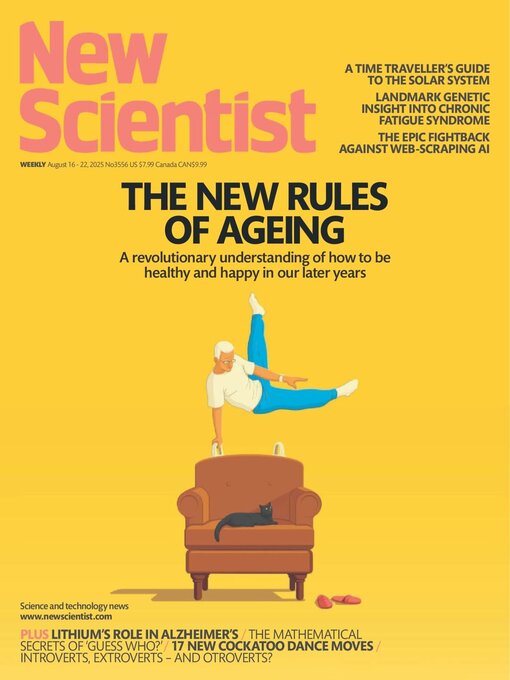
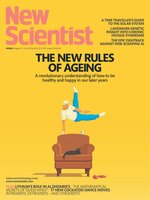 Aug 16 2025
Aug 16 2025
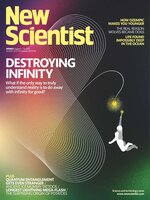 Aug 09 2025
Aug 09 2025
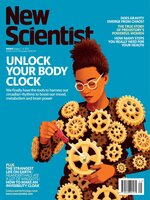 Aug 02 2025
Aug 02 2025
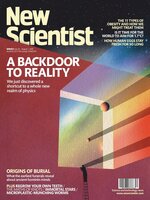 Jul 26 2025
Jul 26 2025
 Jul 19 2025
Jul 19 2025
 Jul 12 2025
Jul 12 2025
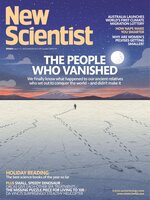 Jul 05 2025
Jul 05 2025
 Jun 28 2025
Jun 28 2025
 Jun 21 2025
Jun 21 2025
 Jun 14 2025
Jun 14 2025
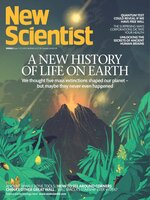 Jun 07 2025
Jun 07 2025
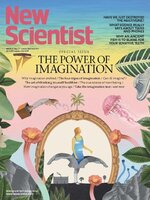 May 31 2025
May 31 2025
 May 24 2025
May 24 2025
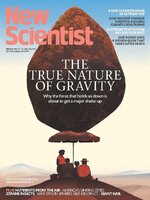 May 17 2025
May 17 2025
 May 10 2025
May 10 2025
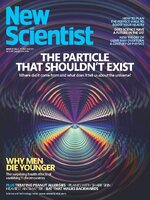 May 03 2025
May 03 2025
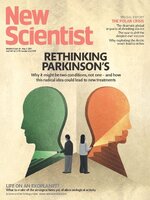 Apr 26 2025
Apr 26 2025
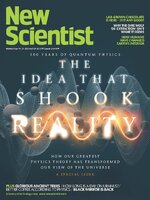 Apr 19 2025
Apr 19 2025
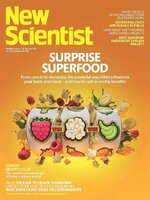 Apr 12 2025
Apr 12 2025
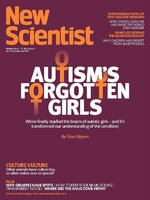 Apr 05 2025
Apr 05 2025
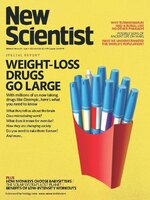 Mar 29 2025
Mar 29 2025
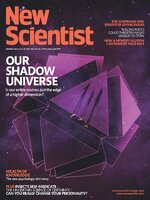 Mar 22 2025
Mar 22 2025
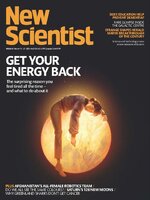 Mar 15 2025
Mar 15 2025
 Mar 08 2025
Mar 08 2025